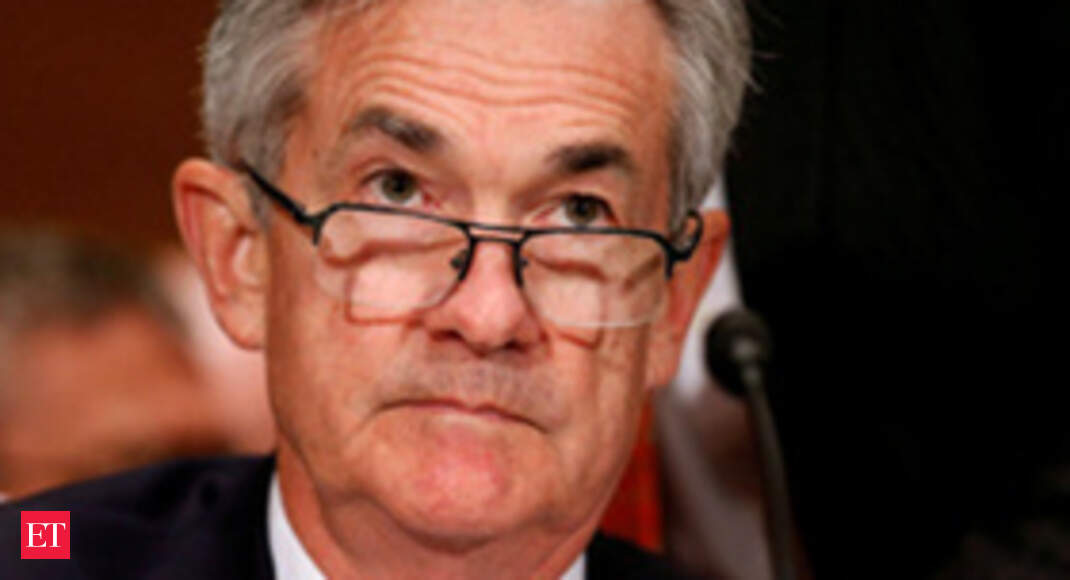Car Dealers Renew Opposition To Electric Vehicle Mandates

Table of Contents
Financial Concerns and Infrastructure Challenges
The transition to an EV-centric market presents significant financial hurdles for car dealerships. The high upfront investment costs and uncertainty surrounding return on investment are key drivers of their opposition to electric vehicle mandates.
High upfront investment costs for EV infrastructure
Dealerships face substantial capital expenditures to adequately support EV sales. This includes installing charging stations capable of handling various EV models and charging speeds, acquiring specialized tools for EV maintenance and repair, and investing in comprehensive technician training programs. The lack of sufficient government support for infrastructure development in many regions exacerbates this problem, leaving many dealerships to shoulder the burden of these costly upgrades alone. The return on investment (ROI) for these investments remains uncertain, particularly in the early stages of widespread EV adoption, further fueling dealer concerns.
Reduced profitability margins on EVs compared to ICE vehicles
Electric vehicles currently offer lower service revenue potential compared to their internal combustion engine (ICE) counterparts. EVs have fewer moving parts, requiring less frequent and less complex maintenance. This translates into reduced service revenue, a crucial component of dealership profitability. Simultaneously, the emergence of direct-to-consumer EV brands intensifies competition, squeezing profit margins further. Prematurely enforced EV mandates that displace ICE sales could also lead to reduced overall sales volume, impacting dealerships' bottom line significantly.
- Many dealerships lack the space and resources to install the extensive charging infrastructure required to support a large EV inventory.
- Training staff on the nuances of EV technology, including battery maintenance, charging systems, and high-voltage safety protocols, adds significantly to operational costs.
- Current government incentives and rebates for EV purchases may not adequately offset the substantial financial investments required by dealerships to transition to an EV-focused business model.
Consumer Demand and Readiness
Beyond the financial challenges, car dealers also express concerns about consumer readiness and demand for electric vehicles. Addressing these issues is crucial for the successful implementation of electric vehicle mandates.
Concerns about consumer acceptance and range anxiety
Persistent misconceptions and fears surrounding EV technology remain significant obstacles. Range anxiety, the fear of running out of battery charge before reaching a charging station, is a major concern for many potential EV buyers. The inadequate public charging infrastructure in many areas reinforces this anxiety. Furthermore, the relatively high purchase prices of EVs compared to gasoline-powered vehicles represent another hurdle to widespread consumer adoption.
Lack of consumer education and awareness about EV benefits
A lack of understanding regarding government incentives and rebates for EV purchases further inhibits consumer adoption. More extensive public awareness campaigns highlighting the environmental and economic benefits of EVs are needed to educate consumers and overcome these barriers.
- Consumer preferences still strongly favor internal combustion engine vehicles, indicating a significant shift in mindset is still required.
- Range anxiety remains a primary deterrent for many potential EV buyers, limiting the market's growth potential.
- Many consumers lack access to convenient home charging solutions, further hindering the transition to electric vehicles.
The Impact on Dealerships and the Workforce
The transition to electric vehicles poses significant challenges for dealerships and their employees, potentially leading to job losses and workforce displacement.
Potential job losses due to dealership closures or downsizing
Reduced demand for mechanics specializing in traditional engine repair and maintenance could lead to job losses. While the EV market will create new roles for technicians specializing in EV repair and maintenance, a smooth transition requires adequate retraining programs to ensure a seamless shift in skills. Without such programs, significant workforce displacement is a serious concern.
Concerns about fair competition from direct-to-consumer EV brands
Direct-to-consumer EV brands bypass traditional dealerships, creating unfair competition and disrupting established business models. This disrupts the traditional revenue streams of dealerships and poses a considerable threat to their long-term viability. Dealerships that fail to adapt to this evolving landscape risk losing significant market share.
- Dealerships need substantial support in transitioning their business models and infrastructure to effectively sell and service electric vehicles.
- Government-funded retraining programs for automotive technicians are essential to mitigate potential job losses and ensure a skilled workforce for the EV market.
- A carefully balanced approach that considers both the accelerating adoption of electric vehicles and the viability of the car dealership sector is crucial for the long-term success of the transition.
Conclusion
Car dealers' renewed opposition to electric vehicle mandates stems from valid concerns about financial viability, consumer readiness, and the potential impact on their workforce. Addressing these issues requires a collaborative approach, balancing the urgent need to accelerate the transition to electric vehicles with the need to support the automotive industry's adaptation. Ignoring these concerns risks market instability and could hinder the successful implementation of electric vehicle mandates. Policymakers must engage in open dialogue with the car dealership sector to develop solutions that facilitate a smoother transition and ensure a sustainable future for both electric vehicles and the dealerships that sell them. Finding a balance between promoting electric vehicle adoption and alleviating the concerns of the car dealership sector is crucial to the long-term success of electric vehicle mandates and the broader adoption of EVs.

Featured Posts
-
 George Santos Final Stand Analyzing His Defense Strategy
Apr 26, 2025
George Santos Final Stand Analyzing His Defense Strategy
Apr 26, 2025 -
 Trumps Legacy A Herculean Task For The Next Federal Reserve Chair
Apr 26, 2025
Trumps Legacy A Herculean Task For The Next Federal Reserve Chair
Apr 26, 2025 -
 Mississippi Deltas Immense Scale A Cinematographers Perspective From Sinners
Apr 26, 2025
Mississippi Deltas Immense Scale A Cinematographers Perspective From Sinners
Apr 26, 2025 -
 The Portnoy Newsom Feud What You Need To Know
Apr 26, 2025
The Portnoy Newsom Feud What You Need To Know
Apr 26, 2025 -
 Newsoms Bannon Podcast Interview Draws Sharp Criticism From Former Gop Representative
Apr 26, 2025
Newsoms Bannon Podcast Interview Draws Sharp Criticism From Former Gop Representative
Apr 26, 2025
Latest Posts
-
 Mc Cook Nebraska Local Jeweler Provides Support For Former Nfl Players
Apr 27, 2025
Mc Cook Nebraska Local Jeweler Provides Support For Former Nfl Players
Apr 27, 2025 -
 Nebraska Jeweler Aids Nfl Players Post Career Success A Mc Cook Story
Apr 27, 2025
Nebraska Jeweler Aids Nfl Players Post Career Success A Mc Cook Story
Apr 27, 2025 -
 Mc Cook Jeweler Supports Nfl Players Transition To New Lives
Apr 27, 2025
Mc Cook Jeweler Supports Nfl Players Transition To New Lives
Apr 27, 2025 -
 Local Jeweler Assists Nfl Players With Fresh Starts In Mc Cook
Apr 27, 2025
Local Jeweler Assists Nfl Players With Fresh Starts In Mc Cook
Apr 27, 2025 -
 Eqs Pvr Pne Ag Veroeffentlicht Gemaess 40 Abs 1 Wp Hg
Apr 27, 2025
Eqs Pvr Pne Ag Veroeffentlicht Gemaess 40 Abs 1 Wp Hg
Apr 27, 2025
